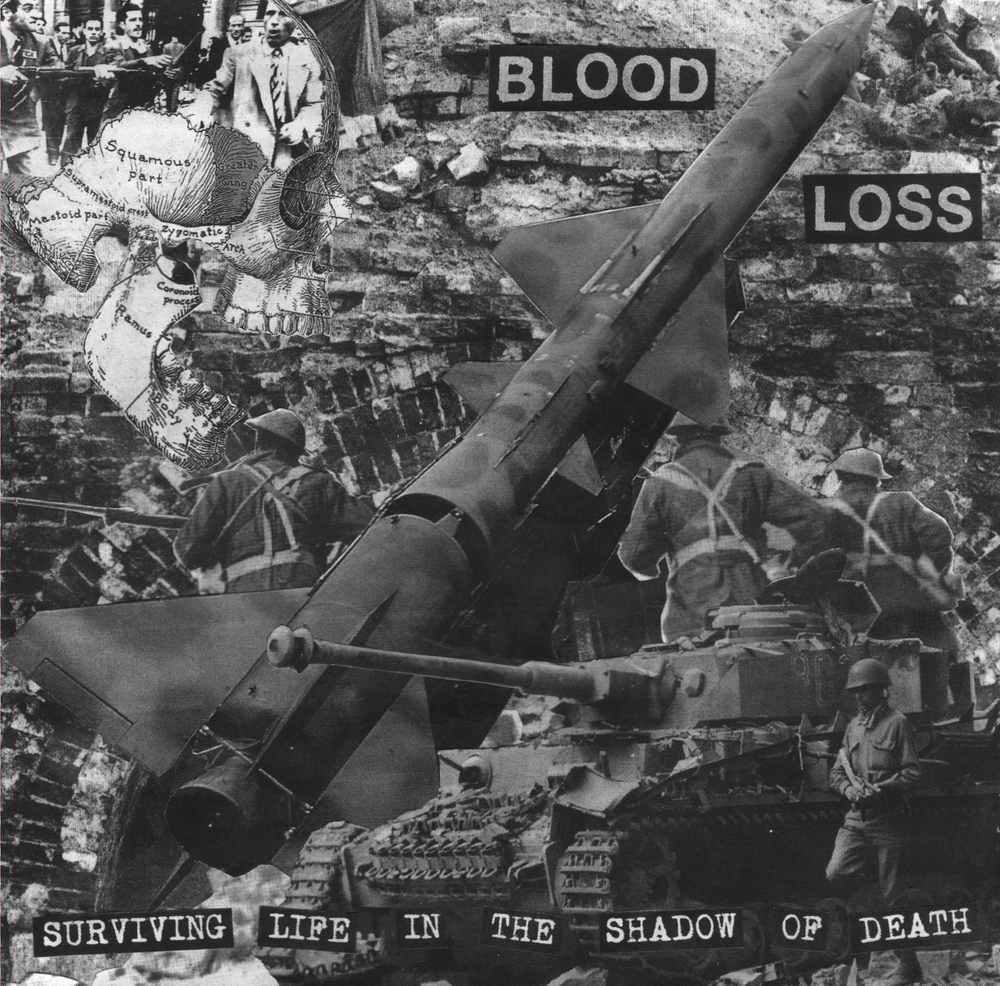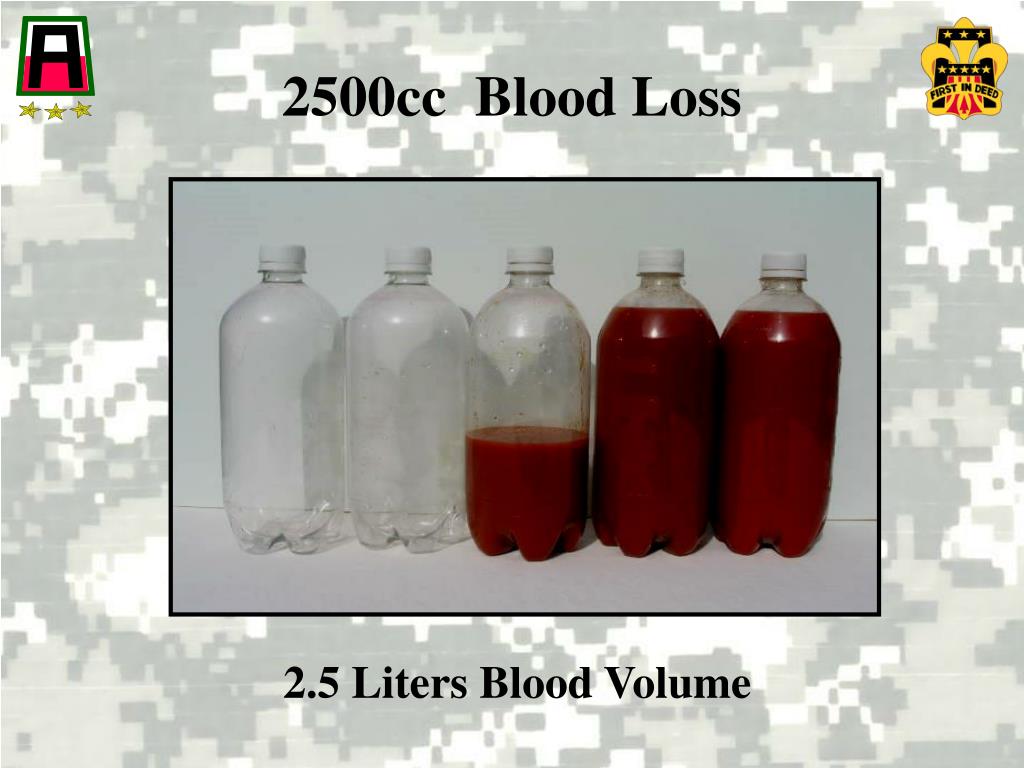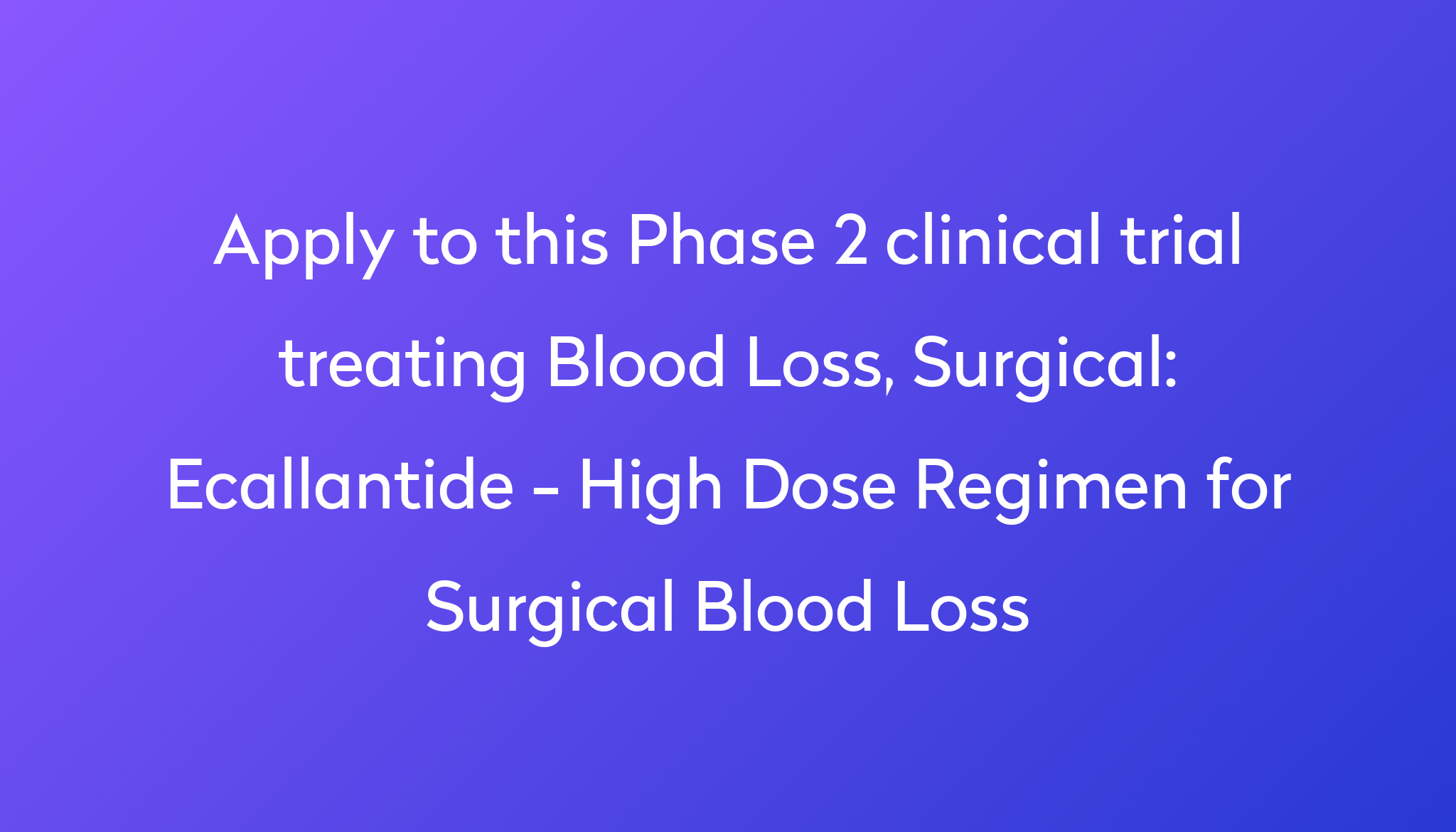Cool Tips About How To Treat Blood Loss
![[2] voluntary blood loss YouTube](https://image.slideserve.com/416318/treating-acute-blood-loss29-l.jpg)
To find the cause of gastrointestinal bleeding, a health care professional will first take your medical history, including a history of previous bleeding, and do a physical.
How to treat blood loss. The symptoms of hypovolemic shock vary with the severity of the fluid loss. Without treatment measures, your body will completely lose its ability to pump blood and maintain oxygen delivery once you’ve lost about 50 percent of your. Blood loss might be from heavy menstrual bleeding, an ulcer, cancer or regular use of some pain relievers, especially aspirin.
For patients with severe blood loss, but uc san diego. Massive blood loss is usually defined as the loss of one blood volume within a 24 h period, 7 normal blood volume being approximately 7% of ideal body weight in. If needed, apply a commercially made tourniquet if it's available and you're.
Stool, urine, and imaging tests may be needed to determine the source of bleeding. Treatment diagnosis blood clots form to stop excess bleeding from an injury. (1) in many cases, the blood lost needs to be.
What are the symptoms of hypovolemic shock? Usually, blood clots are beneficial but they can be harmful at times, blocking. If the cause of iron deficiency is loss of blood, finding the source.
Treatment for this form of anemia usually involves taking iron supplements and changing the diet. When blood loss occurs gradually, people may be tired, short of breath, and pale. Hypovolemic shock is a dangerous condition that happens when you suddenly lose a lot of blood or fluids from your body.
One of the most prevalent causes of anemia is blood loss, which directly leads to decreased rbcs. Hypovolemic shock is a medical emergency that is. Full story intravenous administration of isotonic fluids is the standard emergency treatment in the u.s.
Today we are going to talk about how to recover after blood loss and how to treat the underlying cause of chronic blood loss. Blood pressure often increases as weight increases. A doctor will diagnose a patient with the issue once an individual loses 20% or more of their blood volume.
10 ways to control high blood pressure without medication 1. Lose extra pounds and watch your waistline. What is hypovolemic shock?
It can refer to blood loss. Treatment emergency medical care complications overview bleeding, also called hemorrhage, is the name used to describe blood loss. Blood loss is particularly common in cases of acute anemia observed in emergency room (er) settings.
Treatment complications outlook internal bleeding occurs within your body, such as inside the stomach or the brain.
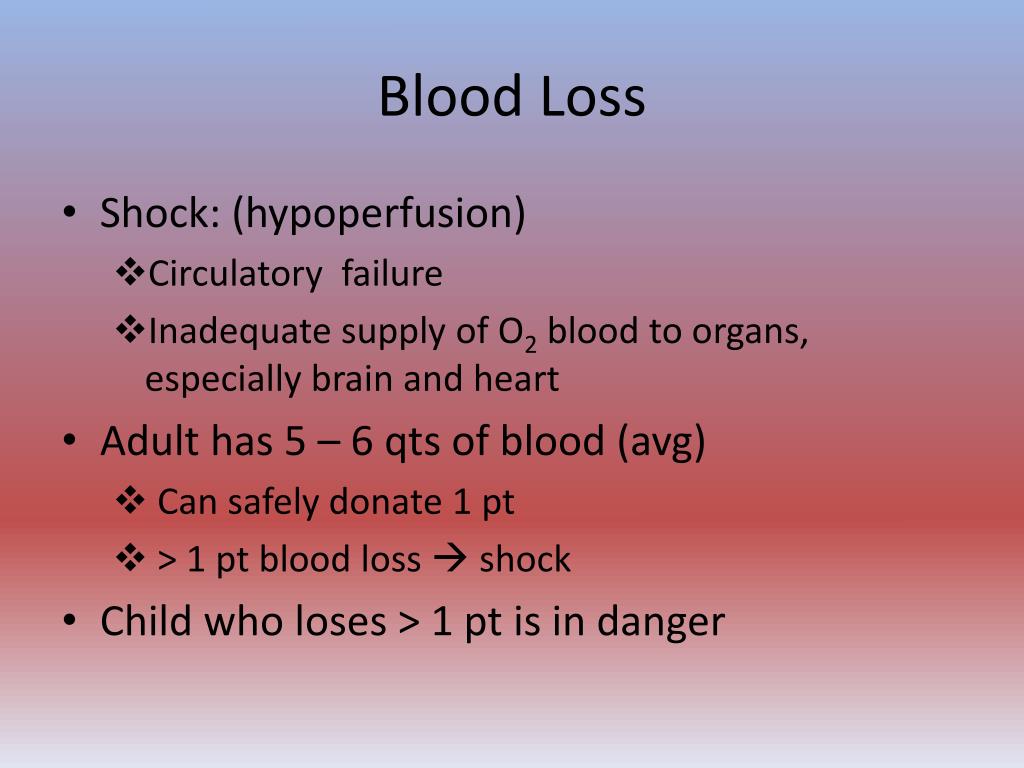
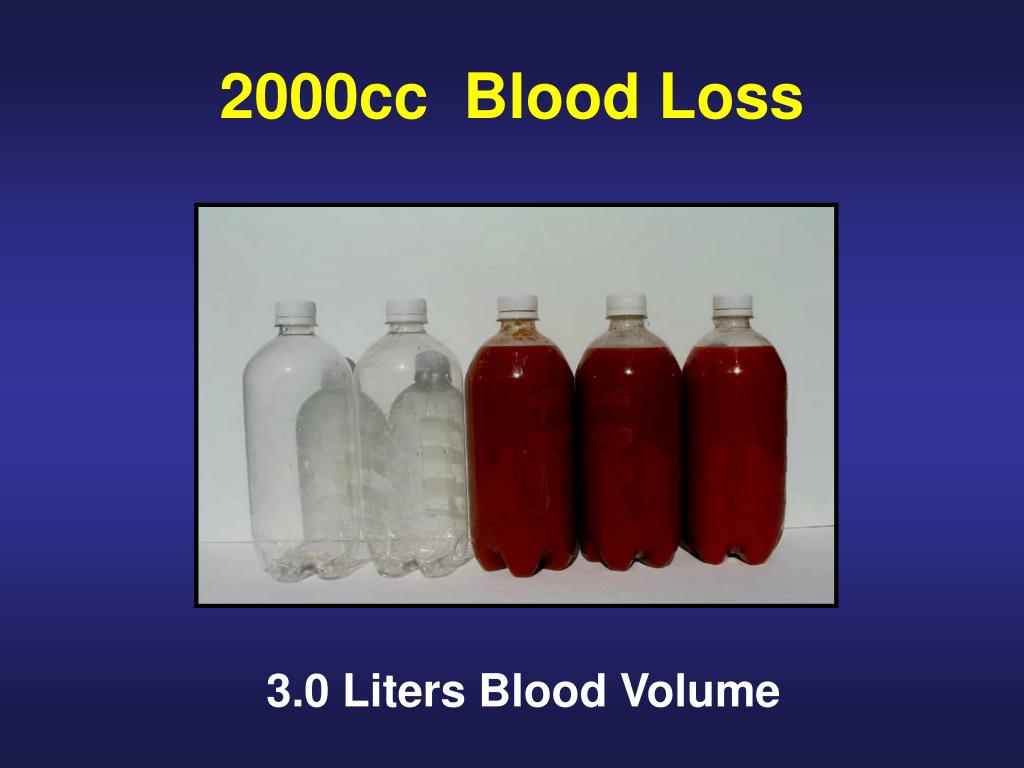

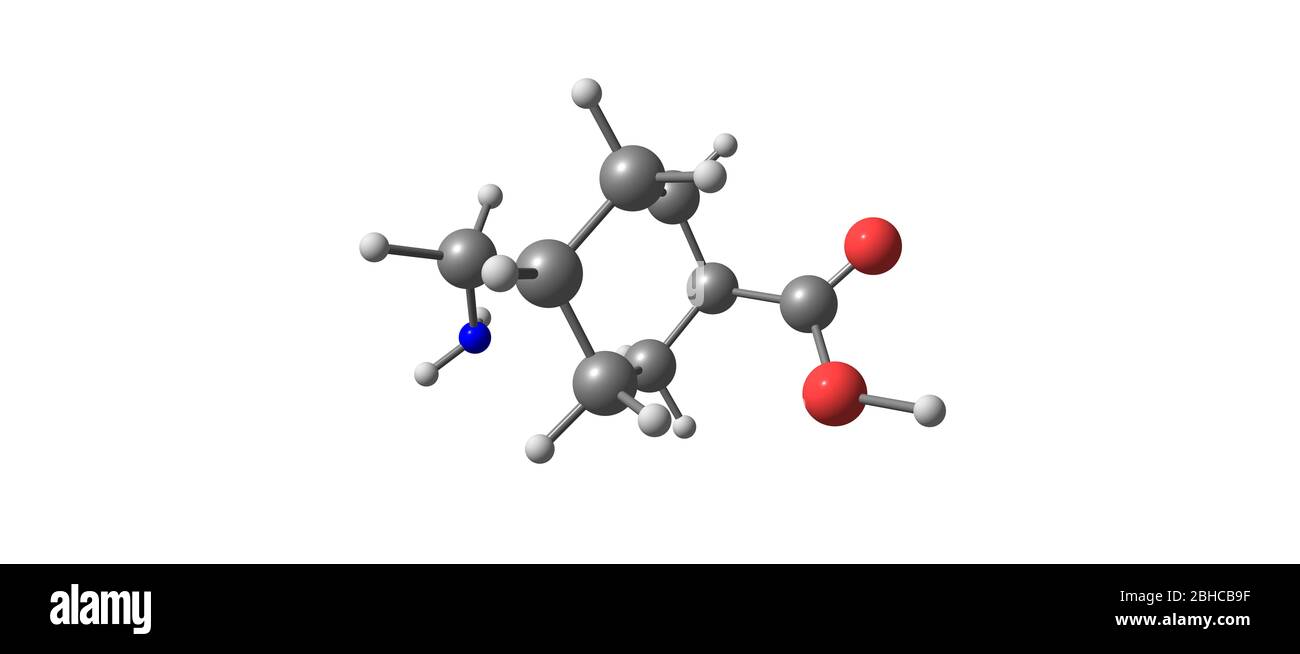
![[2] voluntary blood loss YouTube](https://i.ytimg.com/vi/o_6qPtDq_Ws/maxresdefault.jpg)






